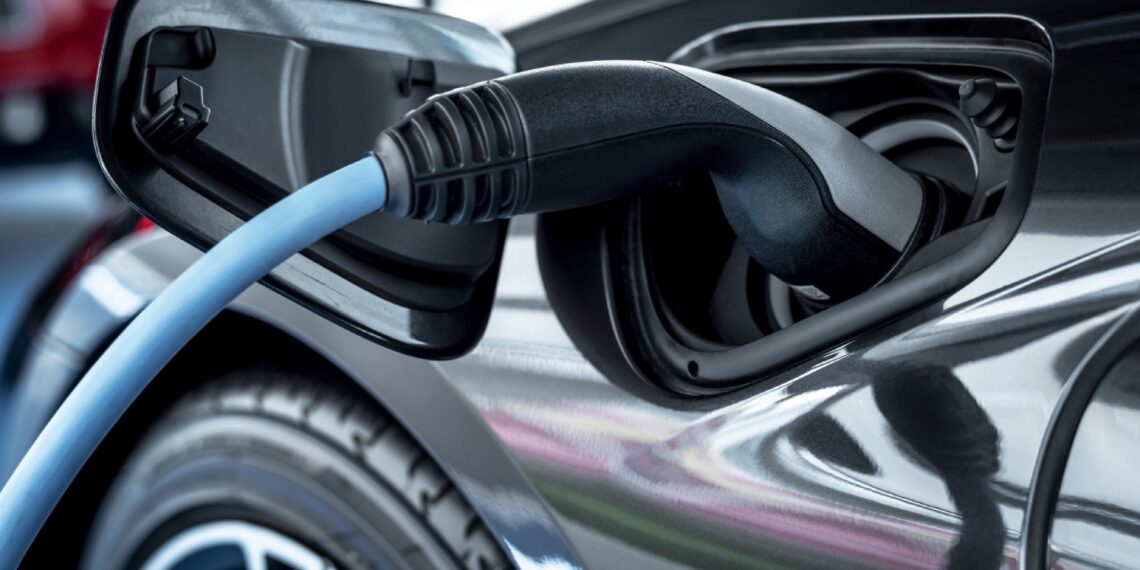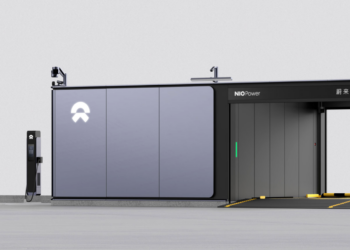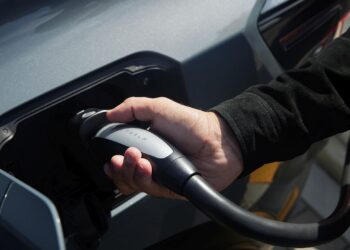Panasonic has announced that it intends to develop a new type of battery for electric vehicles, with higher energy density, which should be ready by 2027, allowing for a substantial increase in range.
The Japanese company, supplier to the American electric vehicle brand Tesla, is working to eliminate the anode in batteries during the production phase, in order to increase energy density through innovative technology.
The new battery promises a 25% increase in capacity, thereby increasing the range of Tesla’s most affordable model, the Model Y, by about 145 km compared to the current battery. Panasonic also revealed that the new technology could be used to produce lighter batteries, and potentially cheaper, while maintaining the current range and reducing the size of the battery pack.
Shoichiro Watanabe, Chief Technology Officer of Panasonic Energy, told reporters that the project being developed by Panasonic “does not have an anode in the production phase. Instead, a lithium metal anode is formed in the battery after the first charge. This frees up space for more active cathode materials, nickel, cobalt, and aluminum, to increase capacity without changing the volume”.
Additionally, Panasonic aims to reduce the proportion of nickel used with the new technology, which is relatively more expensive.










